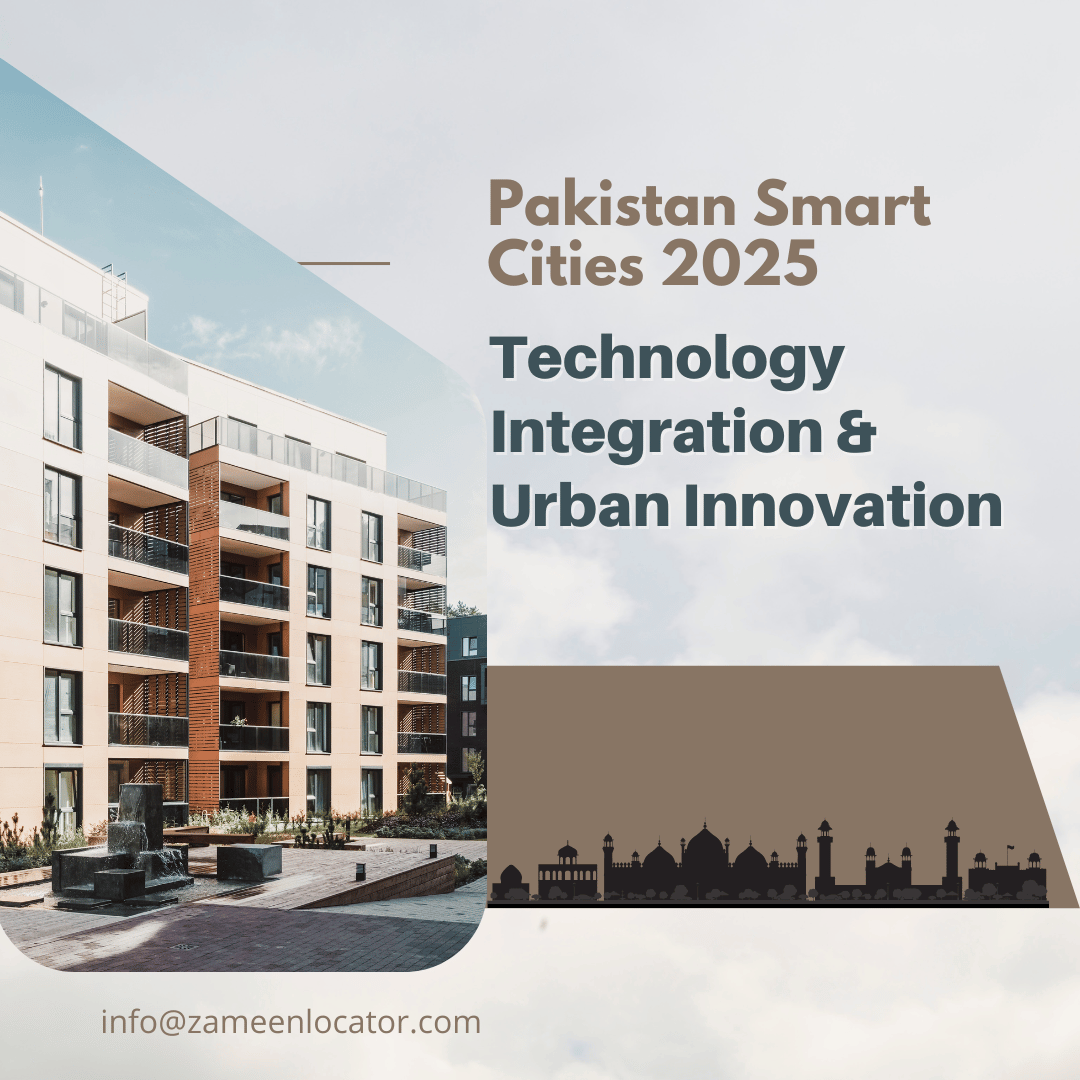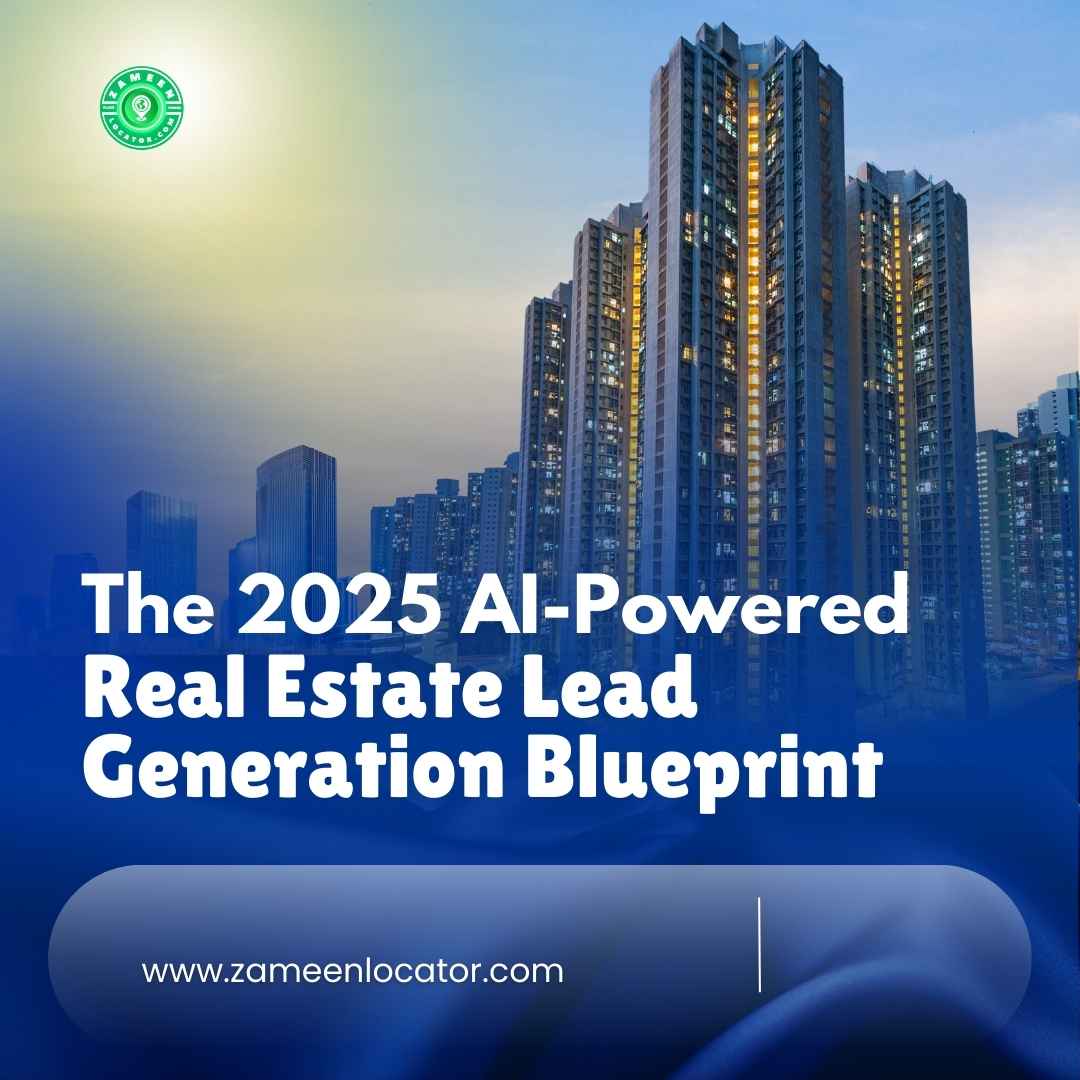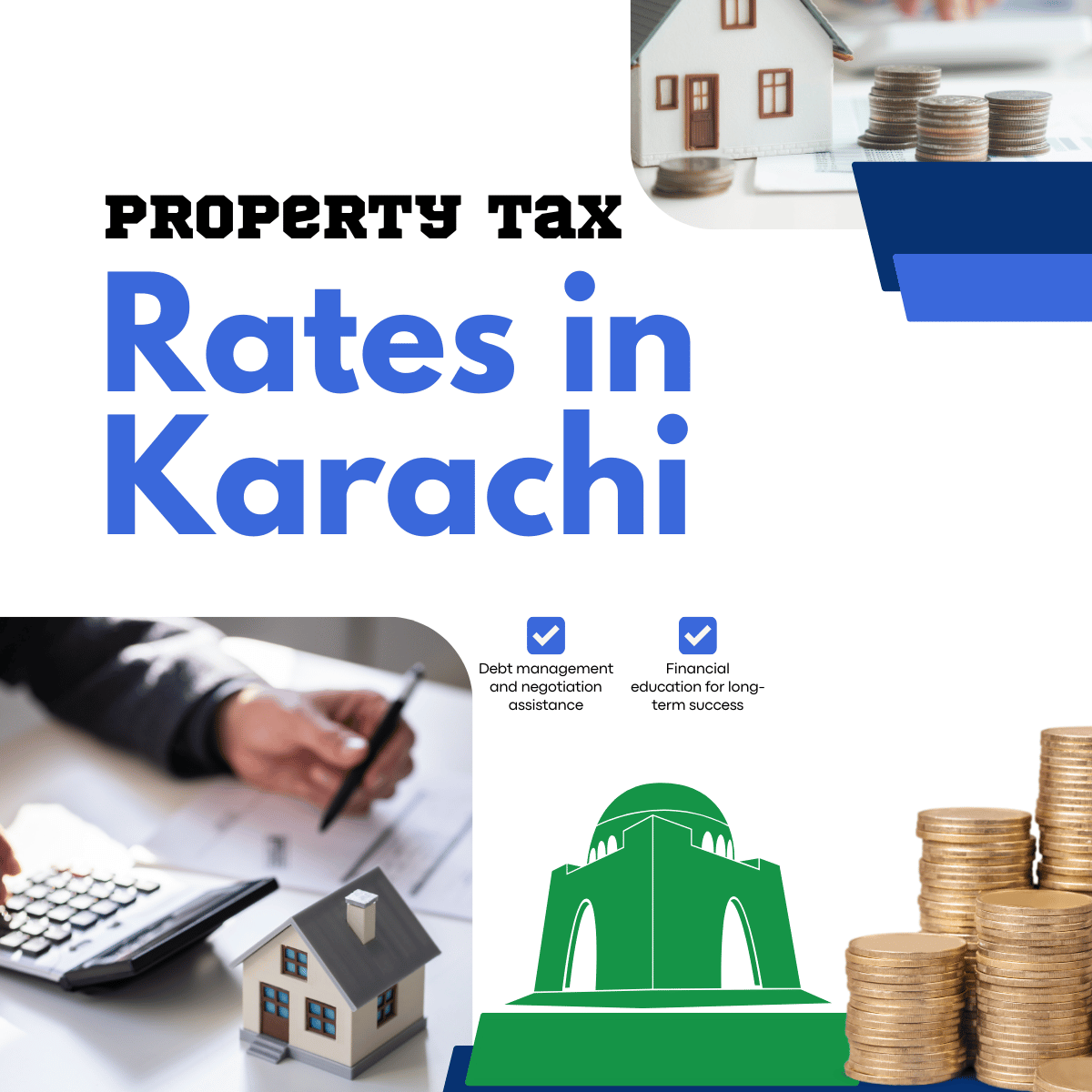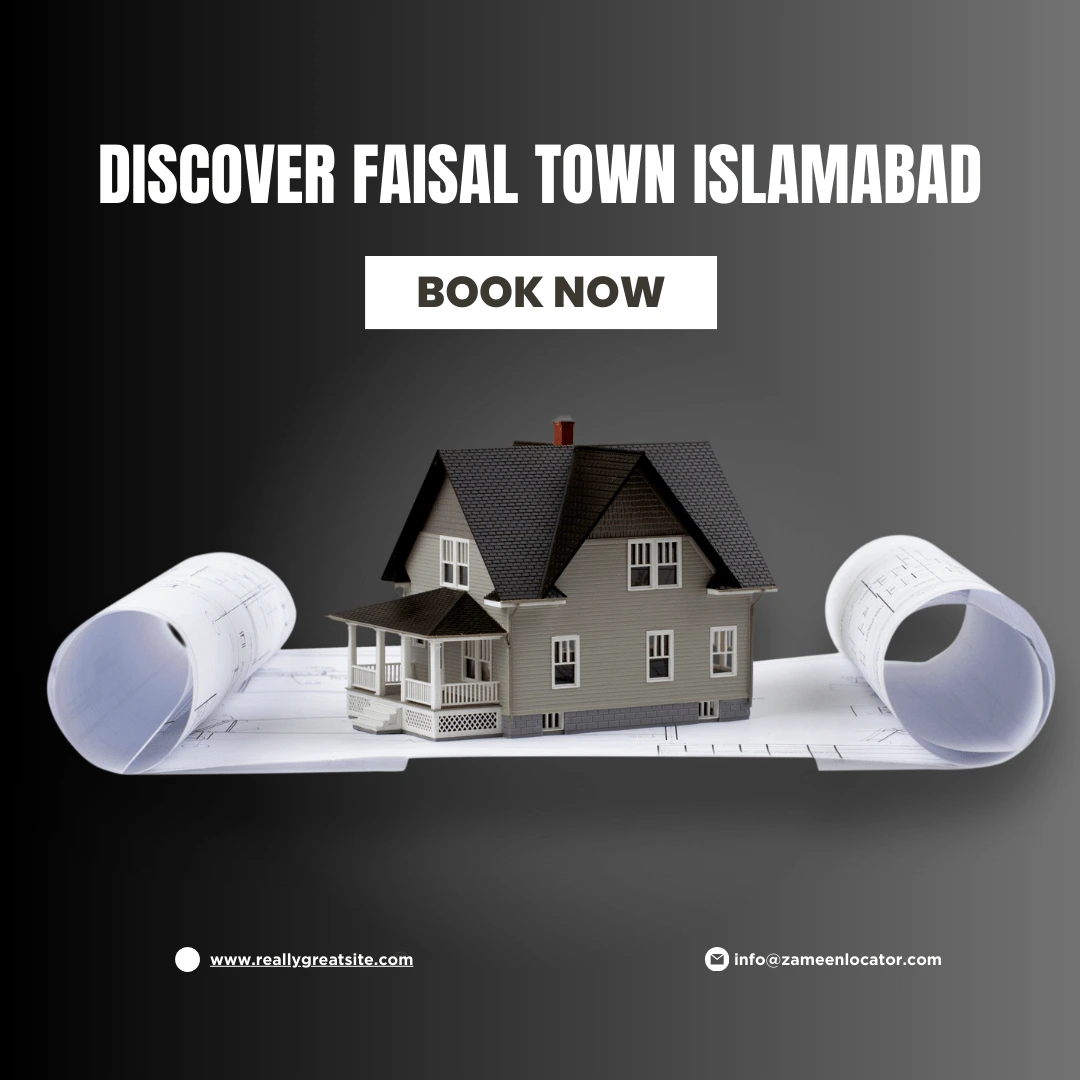
Pakistan Smart Cities 2025: Technology Integration & Urban Innovation
Imagine cleaner air, faster commutes, and safer streets that’s the vision driving Pakistan’s smart city revolution as 2025 approaches., the concept of smart cities is quickly becoming a reality. By 2025, the country aims to create urban areas that aren’t just advanced but also greener, more efficient, and easier to live in.
With growing populations and increasing pressure on infrastructure and the environment, this shift couldn't come at a better time. From improved transportation to intelligent energy systems, smart cities promise to bring real, visible changes to how people live and work.
Let’s explore what smart cities really mean, what Pakistan is building, and how it could change everyday life.
What Is a Smart City?
A smart city uses modern tech like AI, the Internet of Things (IoT), big data, and automation to improve how a city functions and serves its people.
Key areas where smart cities stand out include:
- Green Energy: Solar power, wind turbines, and smart grids help reduce pollution and energy costs.
- Smarter Transport: Electric buses, metro systems, and ride-sharing apps ease traffic congestion.
- Online Governance: Services like applying for permits or paying bills are available anytime, online.
- Waste Management: Smart bins and automated systems improve cleanliness and recycling rates.
- City Safety: Drones and AI-powered surveillance enhance public safety and emergency response.
Pakistan is adapting these global best practices to address local issues like traffic chaos, pollution, and efficient resource use.
Major Smart City Projects in Pakistan
1. Lahore Smart City & RUDA (Ravi Urban Development Authority)
Lahore is leading the way with:
- AI-powered traffic systems that adapt to real-time conditions.
- Smart water and electricity meters for efficient usage.
- Eco-friendly buildings with solar panels and vertical gardens.
2. Karachi’s Smart Urban Upgrade
Karachi is addressing long-standing urban challenges with:
- Digital transport systems to reduce traffic congestion.
- Smart waste bins that notify when full.
- Solar-powered desalination plants to provide clean water.
3. Up-and-Coming Smart Hubs
Other cities making progress include:
- Gwadar: Smart port systems accelerating cargo and logistics.
- Faisalabad: Agri-tech tools helping farmers increase yield with fewer resources.
The Technology Behind Smart Cities
Pakistan is leveraging advanced technologies to power its urban transformation:
- 5G Networks: Enables instant communication among smart devices.
- AI & Machine Learning: Helps predict and prevent issues before they arise.
- Blockchain: Secures property records and digital transactions.
- Autonomous Transport: Self-driving metros and EV buses are on the horizon.
- Smart Grids: Manage electricity and allow homes to sell excess solar energy.
Challenges Facing Smart City Projects
Despite the promise, challenges remain:
- Funding: Large-scale infrastructure requires innovative financing and partnerships.
- Cybersecurity: Increased tech means more vulnerability to cyber threats.
- Tech Literacy: Citizens need training to effectively use smart services.
- Policy Delays: Outdated laws and red tape can slow development.
What Will 2025 Look Like?
If plans succeed, Pakistan’s urban future may include:
- More Jobs and Growth: Tech industries will create new employment opportunities.
- Cleaner Cities: Powered by green energy and sustainable systems.
- Safer Streets: AI-driven surveillance and faster emergency response.
- Faster Services: Digitized government processes that save time.
Final Thoughts
Pakistan’s smart city journey is more than a tech upgrade—it’s a transformation in how cities work and how people live. With the right investment, leadership, and public support, 2025 could mark a turning point in urban development.
One thing is clear: Pakistan’s cities are on the path to a smarter, greener, and more livable future.
Frequently Asked Questions (FAQs)
1. What is a smart city and how does it work?
A smart city uses technologies like AI, IoT, and big data to improve services like traffic control, energy use, waste management, and safety.
2. Which are the top smart city projects in Pakistan?
Lahore Smart City, RUDA in Lahore, Karachi’s tech transformation, and rising hubs like Gwadar and Faisalabad are leading projects.
3. How will smart cities benefit the average Pakistani citizen?
Citizens will enjoy faster transport, reduced bills, cleaner air, safer streets, and better access to services.
4. What challenges are smart city projects facing in Pakistan?
Funding issues, cyber threats, tech literacy gaps, and outdated policies are the main hurdles.
5. Will smart cities in Pakistan be affordable for everyone?
The goal is inclusivity, but affordability depends on government policies, subsidies, and private investment ensuring access for all income groups.
#SmartPakistan2025 #UrbanTechRevolution #FutureCities #DigitalTransformation #SustainablePakistan






